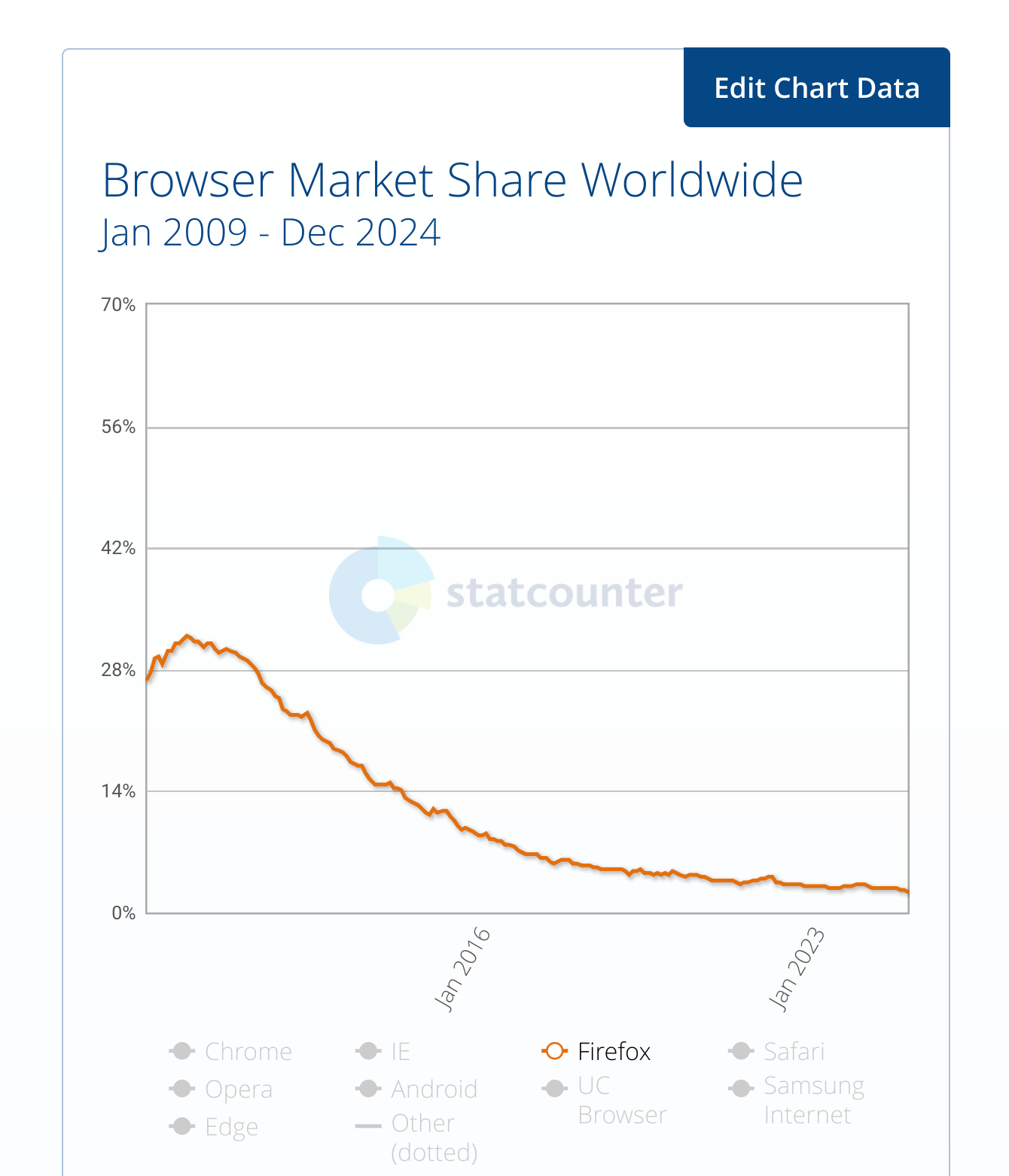Check out Netdata or Zabbix.
static09
Some context from the article was left out of OP's summary:
The department said inmates would work cutting fire lines and removing fuel from behind structures to help slow the spread of the blazes - as well as serving in wider support roles at the camps, including cooking, laundry and water treatment plant operation.
Some further, even more important context from the original CBS article mentioned in OP's article can be found here:
Warframe has gotten so much better since 2020. I highly recommend coming back for a bit just to do the new quests. All your stuff will still work great in the new content. In fact, it'll work better now that other damage types are way more viable. No longer have to mod everything viral/slash/heat.
You're free to be overwhelmed, whelmed, or underwhelmed in any country! It's just uncommon to remove any prefix from whelm.
There's also overwhelm as well! Cool thing about most prefixes in English is that they can be changed out for other prefixes or completely removed. Though, one wouldn't quite hear somebody say antiwhelmed there's still nothing against it.
Looks like they've linked a source to a website called statcounter. The graph appears to be smoothed or normalized, but is effectively the same data for the purpose.

In Balatro, the Ante is the boss's health and chips are the amount of damage done to a boss. The poker hands are just attacks done to the boss's health. They use poker terms because it's inspired by card games, not because there's gambling.
This has been my experience too. The community moderation tools on top of the tools available to moderate my own feed are leagues ahead of other platforms. Being able to temporarily block keywords feels really awesome in avoiding dumb shit that can blast through social media.
The github repo mentioned this wiki article for multiplayer performance tweaks. Did you run through this list and make the recommended changes?
They aren't a junior dev yet. They're looking for a job as a junior dev and have been unsuccessful at finding a job as a junior dev.
I would give their issue tracker a check. I searched "4.3.2 crash" and found several results that sound related to your issue. You can use the following link to get to the issue tracker query right away:
https://projects.blender.org/blender/blender/issues?state=open&type=all&labels=&milestone=0&project=0&assignee=0&poster=&q=4.3.2+crash
I would recommend running the LTS version which stands for Long Term Support unless there's something really needed in 4.3 for a project. If that's the case, then try an experimental release to see if your issue has been resolved. The following link will take you to the LTS releases:
https://www.blender.org/download/lts/